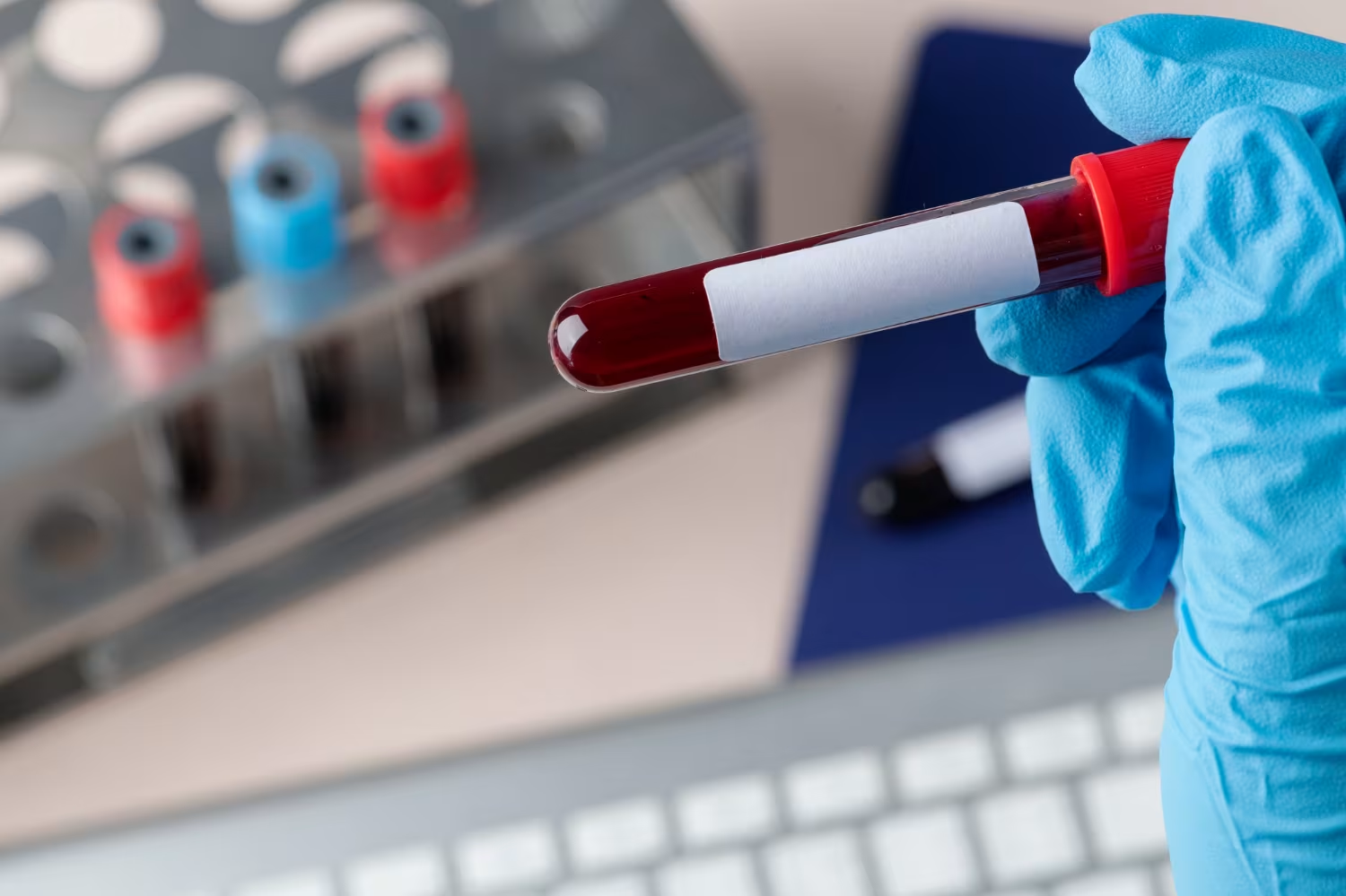
If you've never used a private GP before, you may be curious about the distinctive advantages they offer over public healthcare services. From personalised care to reduced waiting times and comprehensive health screenings, private General Practitioners (GPs) provide a wealth of benefits that contribute to an enhanced healthcare experience.
Access to a dependable and trustworthy healthcare professional is crucial for our overall health. Although public healthcare is available in the UK, it can be difficult to access medical care and advice when you need it the most. Many people are now choosing private General Practitioners (GPs) for shorter waiting times and more personalised care. There are a range of other benefits from choosing a private GP:
Choosing a private GP ensures you receive personalised attention and comprehensive care. Private GPs have the luxury of spending more time with their patients, enabling a deep understanding of medical histories, concerns, and health goals. Private Medical Clinic offer private GP appointments with no time limits. This approach allows for the creation of tailored treatment plans specific to each individual, addressing their unique healthcare needs effectively.
Public healthcare often involves long waiting times, causing anxiety and delays in diagnosis and treatment. Private GPs, on the other hand, strive to see you at a time convenient for you, often on the same day you need assistance. This commitment to reduced waiting times ensures prompt medical attention and improved health outcomes.
Choosing a private GP establishes a stronger doctor-patient relationship. Consistency in seeing the same physician fosters trust, effective communication, and a better understanding of the patient's medical needs. This continuity of care allows for more personalised advice, close monitoring of progress, and immediate attention to any arising concerns.
Private GPs often boast extensive networks of specialists and consultants. This network enables them to provide fast-tracked referrals when necessary, ensuring patients receive specialised care efficiently. Acting as a central point of contact, private GPs coordinate the entire healthcare journey, eliminating the need for prolonged waiting periods or multiple referrals.
Private Medical Clinic has access to a wide range of specialists covering all areas of healthcare. We aim to provide the best quality healthcare through our network of consultants.
Private GP practices frequently offer extended opening hours, accommodating last-minute bookings. This flexibility is helpful for individuals with busy schedules, allowing them to seek medical advice without disrupting their daily routines. We also offer online appointments and home visits, to ensure you can get the healthcare you require, wherever you are.
Prioritising preventative care and health screening, private GPs focus on early detection and prevention of diseases. Regular check-ups, health assessments, and screenings help patients understand their overall health status and identify potential risks. Proactive measures contribute to early intervention and improved health outcomes.
Private GPs spend more time with patients, understanding their unique medical histories and creating tailored treatment plans.
Private GPs strive to see patients promptly, often on the same day, reducing waiting times for medical attention.
Private GPs prioritise preventative care, offering regular check-ups and health screenings for early detection and prevention of diseases.
By opting for a private GP, individuals gain access to personalised care, reduced waiting times, enhanced doctor-patient relationships, fast-tracked specialist referrals, flexibility, and a focus on preventive care. These advantages contribute to a comprehensive healthcare experience, empowering individuals to take control of their health with attentive and personalised medical care.
You can book a private GP appointment online here, or contact us directly on 0121 798 0729





